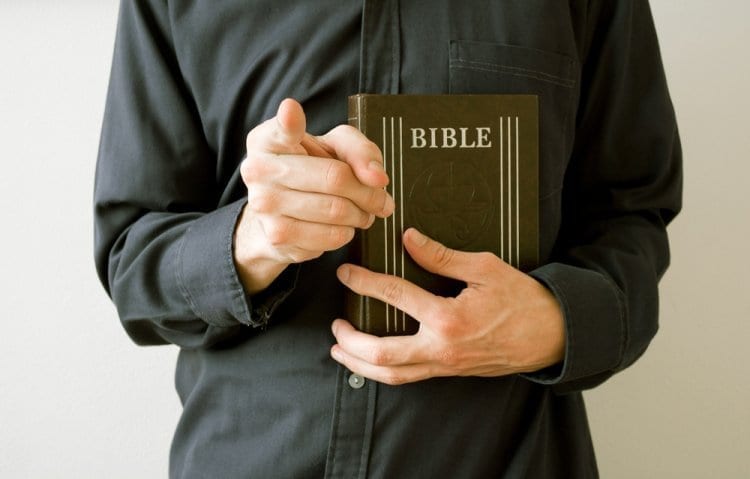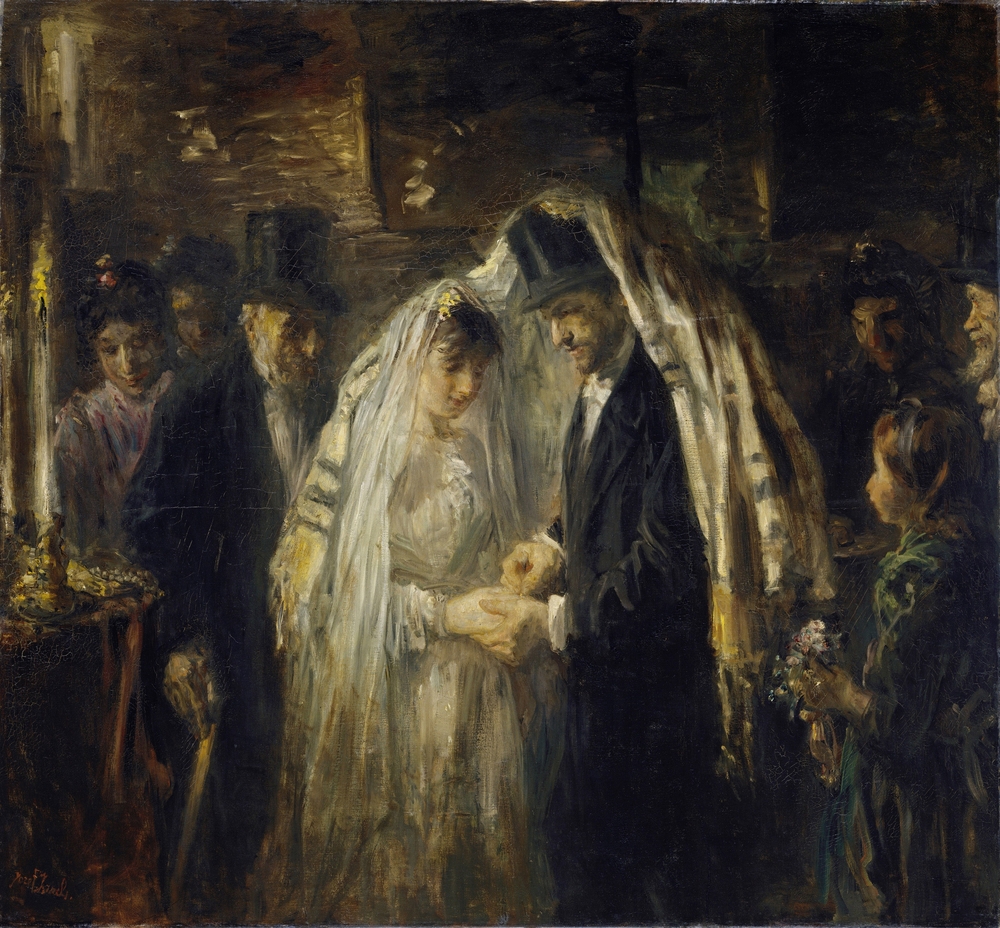From planet Earth, the naked eye can discern some four thousand stars in the night sky. Ancient peoples mistakenly believed that this was approximately the total number of stars in the universe, spread out across the sky like night-lights fixed in the celestial dome of the world.

No one thought it possible that the small, flickering light was in fact a distant galaxy comprising a very large number of stars.
Today we know that beyond the number of stars that we can see from our world, the universe contains many stars and star clusters invisible to the naked eye. As we have already mentioned, some of the stars that we can see are not individual stars, but entire galaxies containing myriad stars. Amazingly, even in ancient times, the Jewish Sages knew from the Torah that the real number of stars is completely different and drastically larger than those we can see from Earth. They also knew that the stars are not distributed randomly across the sky, but form an orderly system, which altogether constitutes a very impressive structure.
This is how the Sages described it in the Talmud, using Roman military terminology:
“[God said to the People of Israel] I created twelve constellations in the firmament (groupings of stars: Libra, Scorpio, Pisces, etc.), and for each constellation I created thirty hosts (clusters of stars for each of the twelve signs), and for each host I created thirty legions (thirty legions of stars for each of the thirty hosts), and for each legion I created thirty divisions, and for each division I created thirty battalions, and for each battalion I created thirty camps, and to each camp I have attached three hundred and sixty-five thousand tens of thousands of stars, corresponding to the days of the solar year, and all of them I have created only for your sake.”
Let’s do the math:
A thousand times ten thousand: 1,000 x 10,000 = 10,000,000
Each camp has 365 x 10,000,000 stars, which means 3,650,000,000 stars!
How many camps are there in the universe?
30 camps x 30 battalions x 30 divisions x 30 legions x 30 hosts x 12 constellations = 291,600,000 camps. To calculate the total number of stars in the universe, we must multiply this number by the number of stars in each camp: 3,650,000,000.
Therefore, the total number of stars in the universe is:
291,600,000 x 3,650,000,000 = 1,064,340,000,000,000,000 stars.
It must be emphasized that this number refers to the cosmic objects defined here by the Sages as stars, but not to the various solar bodies that range across space that cannot be called stars.
It is incredible to discover that thousands of years ago, when most of the surrounding civilizations counted only some 4,000 stars, the Sages talked about vastly greater numbers. Even more incredibly, though there remains significant debate among astronomers as to the actual number of stars in the universe, modern calculations are now approaching the numbers given by the Sages.
In 1997, NASA scientists estimated the number to be around 1,000,000,000,000,000,000,000 (1021) stars. In 2003, the Australian National University#3 published its research scientists’ rough estimate of the number of stars in the universe, based upon a non-conclusive sampling (in the University’s own words) conducted on a tiny area of the cosmos. The total number of stars they arrived at was 7 x 1022 stars. Based on their understanding of the Torah, the Sages concluded that the accurate figure is 1018 plus another 64,340,000,000,000,000 stars. As is inferred from the word in the narrative: “I created,” this is the Sages’ estimate of the number of stars from the time of creation.
Even given the most advanced astronomical equipment available to the ancient world, there is no way that human beings could have estimated such a large number of stars, were it not a received tradition from a source that transcends human perception.
For a further, amazing correspondence, let us point to the Sage’s statement at the end of their calculations: “and all of them I have created only for your sake.” This implies that the entire universe was somehow created for the sake of our world – a bold statement to make in light of the vastness of the universe.
On the one hand, we can interpret this statement homiletically; that is, the vast universe, with its endless space, is necessary to grant human beings some concept of infinity. This produces to a sense of humility, particularly when standing before the Creator, which enables a person to reach spiritual completeness. If the whole of creation had been confined to planet Earth and a limited solar system around it to provide heat and light, our conception of the greatness of God would have been greatly restricted – for a human being is always in awe of the “great wide world.” However, when a person realizes that the creation, with all its immense size and myriad component parts, is almost too vast to imagine, and that his existence on his earth is a mere speck of dust in comparison, he is amazed and humbled by the greatness of God, and declares: “When I behold your heavens, the work of Your fingers, the moon and the stars that you have set in place, what is frail man that You should remember him and the son of mortal man that You should be mindful of him?” (Psalms 8:4-5). Furthermore, we can say that the more knowledge and control human beings gain over the world with each passing generation, the more amazing and wondrous the universe simultaneously becomes, whether through discoveries made in space or on the microscopic level. Thus, a balance is maintained: we can never become blinded by our own power, and must always stand in awe of God’s creation.
However, as with all spiritual systems, there is no doubt a physical correspondent. In other words, the Sages’ comments suggest that the universe in its entirety is also necessary for our physical world to exist. As though the cosmos was a colossal factory constantly churning out various materials all for sake and protection of the universe’s most important element – humankind. Now, while it is clear that science has yet to discover the real links between the universe and the existence of our world, it is fascinating to note that famous scientists are making statements indicating a growing recognition of the importance of the universe in its entirety to our existence. Professor Nathan Aviezer, physicist and author, has had this to say about this principle:
“Recent advances in astronomy have revealed a remarkable link between life on Earth and the distant stars. In fact, it is no exaggeration to say that without the stars, life on Earth would have been impossible.”
Professor Aviezer goes on to quote Professor Michael Zeilik from the University of New Mexico:
“Massive stars have relatively short lifetimes, after which they catastrophically explode. During their short life span, the thermonuclear furnace deep within them manufactures elements as heavy as carbon and iron; at their death, the awesome violence of the supernova explosion forges elements heavier than iron and blasts as much as 90% of the star’s material into interstellar space. Out of this recycled material, new stars and planets will be born: stars such as the sun and planets such as the Earth. Life arose on our planet because massive stars lived and died. Without supernova explosions, the carbon that is the key to life as we know it would not have been distributed throughout interstellar space.”
In this context, it is important to note that according to Sages, before the creation of our world: “God created and destroyed worlds.” The nature of these worlds, or their necessity for our world’s existence, was not discussed, though the Kabbalah offers a profound and cryptic explanation of these words. However, keeping to the literal level, it is possible that the Sages’ words also alluded to the destruction of those giant stars as a prerequisite for the creation of our own world.
Astrophysicists have also realized that it is only due to the vast distances within the universe that we are protected from the lethal effects of cosmic radiation. The immense distances cosmic rays travel drain their lethal strength to the point that they can no longer harm us. Professor Freeman Dyson from Princeton University has studied this phenomenon:
“The vastness of the interstellar spaces has diluted the cosmic rays enough to save us from being fried or at least sterilized by them. If sheer distance had not effectively isolated the quiet regions of the universe from the noisy ones, no type of biological system would have been possible.”
Adding to this puzzle, some scientists suggest that the laws of interstellar gravity are so highly complex that without the stars’ existence, our world could not exist or move through space with that precise position and orbit that are so essential for the creation and sustenance of the ecosphere. Thus, the universe may be considered a vast system of cogs, wheels and springs in a giant clock that exist only in order to turn the clock’s small hands – our world. Though the gears of this “clock” are infinitely great, they are all necessary for us to run our lives properly.
As we have already mentioned, despite all that we already know, we have not yet discovered the real relationships between the universe and our existence, and much more remains hidden than is within our grasp.
Raise your eyes on high and see Who created these things! He brings forth their legions by number; He calls to each of them by name. (Isaiah 40:26)




